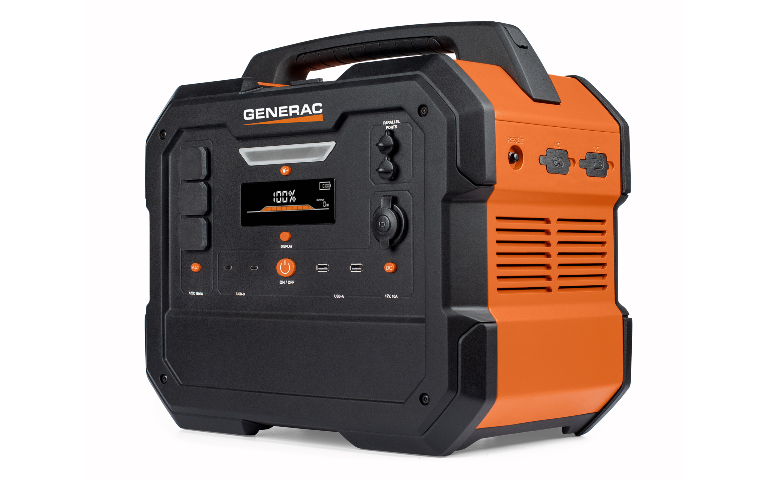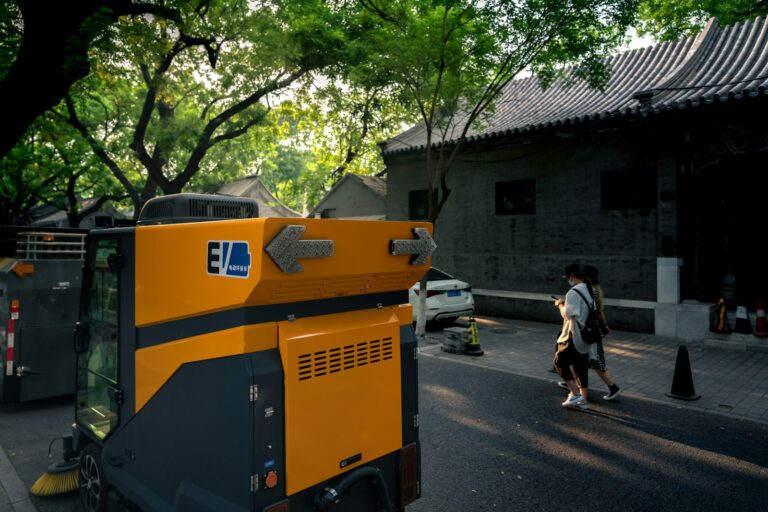How Generators Can Kill
Generators are an essential piece of equipment in many industries, providing power to everything from construction sites to emergency response vehicles. However, if not used or maintained properly, generators can also be incredibly dangerous, causing injury or even death. In this article, I will explore the ways in which generators can be deadly and offer tips on how to safely use and maintain them.
Dangerous Carbon Monoxide Emissions
One of the most common ways that generators can kill is through the release of dangerous levels of carbon monoxide (CO). Carbon monoxide is a colorless, odorless gas that can be lethal if inhaled in large quantities. Generators, particularly those that run on gasoline, can emit high levels of CO if not properly ventilated.
The symptoms of CO poisoning include headaches, nausea, dizziness, and fatigue. High levels of exposure can lead to loss of consciousness and death. To prevent CO poisoning, generators should always be used in well-ventilated areas and never used inside homes, garages, or other enclosed spaces.
Electrical Hazards
Another major risk associated with generators is electrical hazards. Generators produce high-voltage electricity, which can be deadly if not handled properly. The National Safety Council reports that electrocution is one of the leading causes of generator-related injuries and deaths.
To avoid electrical hazards, it is essential to use the correct power cord and plug for the generator, and to never use extension cords or power strips. Additionally, generators should be grounded and placed on a dry surface that is free from flammable materials.
Fire Hazards
Generators can also pose a significant fire hazard if not used or maintained properly. This can be caused by various factors like leaking fuel, malfunctioning parts, or poor ventilation.
To avoid fire hazards, it is important to regularly check and maintain the generator, including checking the oil and coolant levels and replacing any damaged parts. Additionally, generators should be placed in a well-ventilated area and away from flammable materials.
Conclusion
While generators are essential pieces of equipment, they can be deadly if not used or maintained properly. By understanding the risks associated with generators and taking steps to prevent them, we can help ensure that these powerful machines are used safely and responsibly. Remember to always use generators in well-ventilated areas, handle electricity safely, maintain the generator, and minimize noise pollution.


